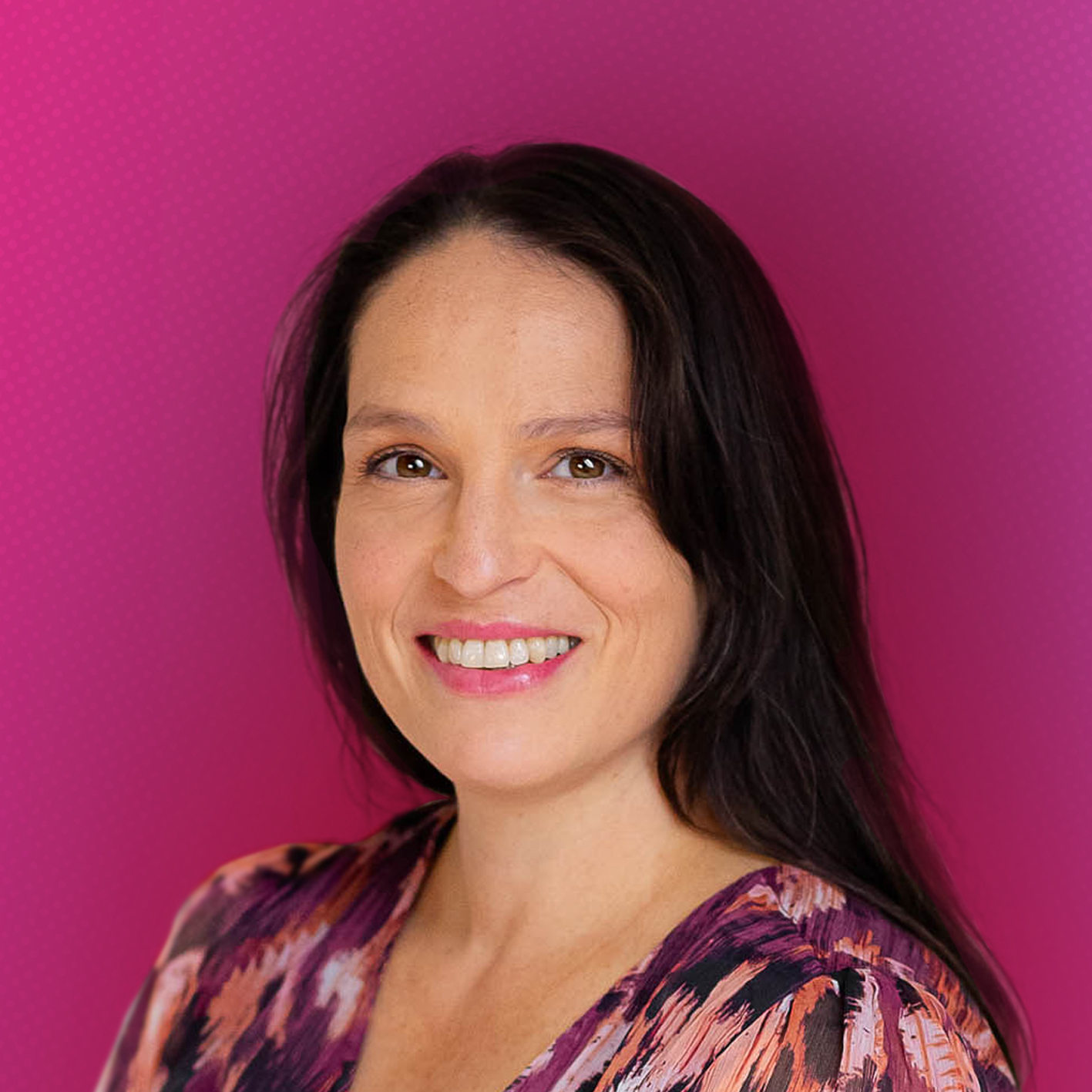How to become a great vocal coach? Teaching voice is about more than just technique: it’s about helping students find confidence, and overcome fear. Why? Many students come to voice lessons carrying years of self-doubt, bad habits, and misconceptions about their own potential.
So in my opinion, a great singing teacher understands not only the mechanics of the voice but also the psychology of performance, the importance of bodywork, and the need for a structured learning path.
Here’s how to become the voice teacher that transforms lives. As many professional singers, I became a vocal coacht too. I'm not claiming to be a top vocal coach necessarily (even though I'm pretty good, even if I say so myself, lol), but I can claim to have transformed some lives. I tried to reverse engineer this process and list some criteria of a good singing teacher.
Define your (USP): teach what you wish you had been taught
Most teachers default to teaching the way they were taught—but what if your own training had gaps? The best voice teachers actively identify what was missing in their own education and use that knowledge to create a better learning experience for their students.
For me, the missing elements were:
- Performance Mindset – I wasn’t given the mental tools to reframe stage anxiety or feel confident in front of an audience.
- Lack of Structure – My training didn’t give me a clear path for improvement, which left me feeling lost.
- Bodywork Issues – I struggled with tension and posture for years before I finally discovered how to free my voice through movement.
After years of learning and teaching, these are the exact issues I specialize in helping my students with.
My biggest struggles as a student became my greatest strengths as a teacher
I will talk about this more below, but know that your biggest struggles as a student become your greatest strengths as a teacher. These experiences shape your teaching philosophy, and thereby your niche, and your target audience.
Build up their independence
A great teacher doesn’t create dependent students—a great teacher equips students with the tools to grow independently.
To develop independence, students need:
- A clear structure for learning songs, technique, and practice
- The ability to self-correct and recognize tension or bad habits
- Methods to continue improving even when they’re no longer taking lessons
When students leave each lesson with actionable steps and self-teaching strategies, they will improve faster and stay motivated.
How I help students build confidence on stage
I use performance exercises to help students mentally reframe the experience of performing. One of my favorites is:

Include performing in the curriculum
Performing is a skill separate from singing. Many students sound great in a lesson but freeze up on stage. They need more than just vocal technique—they need tools to manage stage anxiety and performance pressure.
This shifts their mindset from fear of judgment to feeling supported, allowing them to relax and sing with confidence.
- Student concerts & recitals – Regular performance opportunities build confidence.
- Performance psychology training – Mental exercises, visualization, and relaxation techniques improve stage presence.
- Simulated performance settings – Even in private lessons, I simulate a performance environment.
Performing should be a regular part of the curriculum — not an afterthought.
An image that works for my students
One common issue students face is unnecessary muscle tension while singing. I use this visualization to help:

This tricks the brain into relaxing the muscles that would otherwise be forcing and obstructing the sound.
Use both physiology and metaphors to explain vocal technique
A teacher’s job is to explain, not just instruct. Many students struggle to grasp vocal technique if it’s explained only in scientific terms or only in metaphors. The best approach? Use both.
- Physiology – Explain breath support, resonance, and vocal cord function in simple, accessible ways.
- Metaphors – Help students feel the technique by using relatable imagery (e.g., “imagine the sound floating above your head”).
Each student learns differently—some need technical breakdowns, while others respond better to imagery and sensation-based learning. The key is balance.
The mental game: teach students to stop judging themselves
Many students sabotage their progress with negative self-talk:



A voice teacher must acknowledge the psychology of learning. Confidence is not just a bonus—it’s a precondition for progress. Help students recognize and reframe self-judgment. Introduce mindfulness and mental exercises that improve focus and reduce fear. And encourage them to enjoy the process rather than chase perfection.
I teach singing online
Let me find your bright spot.
Include bodywork in lessons
Even if you are physically fit, many students struggle with tension, poor posture, and inefficient breath support. Their bodies hold them back more than their voices do.
Your body is your instrument. How can you as a vocal coach make your students understand it and shape it? This will determine how good a singer they will become.
About the author

I’m Linor Oren, founder of SingWell. I have an opera background and in the past I've performed on stage. I've taught hundreds of students how to find their authentic voice. What I’ve learned is that singing isn’t about being “born with it” — it’s about unlocking what’s already inside you with the right tools and guidance. My passion is helping singers at every level grow in confidence, technique, and joy, so they can sing with freedom and expression.
The Bodywork I use in my teaching


Make notes & track progress
During each lesson, I would suggest a vocal coach tracks:
- The main priority for the student to work on that week
- The specific exercises or tricks that work best for them
- Any breakthroughs or persistent challenges
Students benefit from structured practice plans. Creating a checklist or recording a quick recap of each lesson helps them stay focused between sessions.

"
"Teaching voice isn’t just about shaping sound, it’s about freeing people from self-doubt so their real voice can finally come through."
Stay in touch between lessons
As a teacher you can leverage your impact by not just teaching once a week and disappear.
Regular check-ins keep students motivated, on track with the right exercises and accountable to their practice. As a vocal coach, you don't want to lose your students if they are on a long holiday or leave. Only 3 or 4 practice sessions of 15 minutes each could keep them on track - as long as they know what they are doing.
Simple ways to stay connected are:
- Have students send clips of their practice for quick feedback.
- Send practice reminders or motivational messages.
- Encourage students to reflect on their progress.
These small touches increase engagement - and their progress - dramatically. Trust me, the difference between
Business coach for voice teachers
I'm affiliated with Fabiana Claure, a concert pianist and business coach. She has taught me how to structure my business in such a way that my students benefit from faster progress, and I benefit from a higher income and more peace of mind. Highly recommended for any music teacher who wants to grow an online music business.
Fabiana teaches you to leverage your impact and earnings as a voice teacher, or music teacher in general. She hosts regular free series of masterclasses, check those out.
Here, I'm a guest in Fabiana Claure's podcast
Structure your voice studio for success
To be a successful voice teacher, you need a system that allows you to serve many students effectively without burnout. One pillar is to hire an assistent, who offloads work so you can focus on teaching, creativity and growing your business. But there is more.
The three pillars of a scalable teaching model
- Group lessons in a masterclass format – Students learn from each other and gain confidence.
- Asynchronous feedback – Allow students to send recordings between lessons for review.
- An online video library – Give students access to online lesson materials, so they always have access to my knowledge.
This blended learning approach speeds up progress and allows you to grow your teaching business sustainably.
As mentioned above, the business coach who taught me all this is Fabiana Claure, who I couldn't recommend more.
No longer a little mouse...
Maybe you feel it's time to stop shushing your own voice and take your desire to sing serious. My weekly 'Belting Mouse' mail shows you how. It gets you on track with stories and insights from my life as a singer and that of my students.

For 'little mice' who are tired of squeaking and want to start belting...
Frequently Asked Questions
What does it take to become a great vocal coach?
A great vocal coach combines vocal technique with psychology, body awareness, and performance training. It’s not only about teaching how to sing, but also how to feel confident, use the body efficiently, and enjoy performing without fear or judgment.
How can I help my students build confidence on stage?
Confidence grows through regular performance practice and mental training. Use visualization, mindfulness, and simulated performances to help students shift focus from fear of judgment to joy in self-expression.
Why is bodywork important for vocal coaches and singers?
Because the body is the instrument. Techniques like yoga and the Alexander Technique help singers release tension, improve posture, and achieve natural breath support, all essential for a free, resonant voice.

